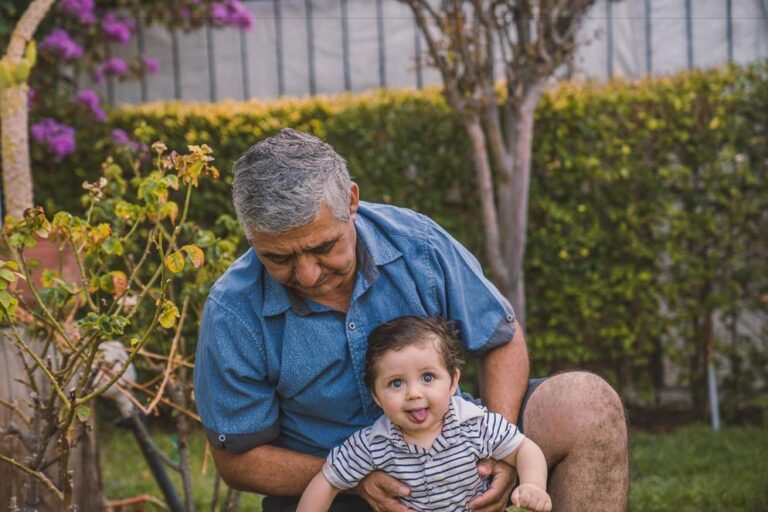What is Kinship Care?
Kinship care is the term used for children whose biological parents are unable to raise them; therefore, they are raised by grandparents, extended family members, or godparents. Children are removed from their biological homes due to concerns for safety and general well-being in relation to the care they are receiving from their biological parents.

Looking at the Numbers
As of April 2021, 2.7 million children and youth in the United States were being raised by a relative or close family member, without the presence of their biological parents. Additionally, for every 1 child raised by kin in foster care, there are 19 being raised by kin outside of foster care.
Kinship placements have been known to reduce the number of home placements children experience, increase the chance of permanency, and allow children to stay connected to their communities (e.g. school, after-school activities, etc.). Moreover, kinship care helps keep families together with 80% of children with one or two siblings placed together (53.5% for 3+ siblings) compared to 66.9% for children placed in traditional foster homes (1.8% for 3+ siblings).
In addition to kinship care improving children’s well-being, the children themselves express more positive feelings about their placements and are less likely to experience troubling behavior. One study showed children in kinship care displayed fewer behavioral problems 3 years after placement than children placed into traditional foster care homes.
Tracking Kinship Care
So, how does one become a kinship caregiver? In many states, a formal kinship caregiver would need to go through the proper licensing process in order to legally place the children in the kinship home. While the licensing process varies from state to state, caseworkers will generally conduct criminal background checks and child abuse registry checks on all adult household members in the kinship caregivers’ home.
Time is of the essence for these placements, as the placement of the children is often unexpected. Social services and child welfare agencies who utilize case management platforms, such as extendedReach by KCare, can see an increase in the kinship licensing rate as well as reduced time to licensure — ensuring the children are placed quickly and safely.
Kinship Care + You
Kinship care is an excellent option for youth who cannot safely stay with their biological parents and can help close the permanency gap in foster care. If you are thinking of opening your home as a kinship provider, check out these fact guides for each state, with resources to help you get started. Whether it’s a kinship placement or not, the safest placement is the best placement.
extendedReach powered by KCare is a customizable case management solution designed with social workers in mind – specializing in foster care, adoption, and behavioral health. Equipped with an intuitive interface and powerful workflows, extendedReach by KCare puts time back in the hands of social workers, empowering them to focus on where it is needed most.